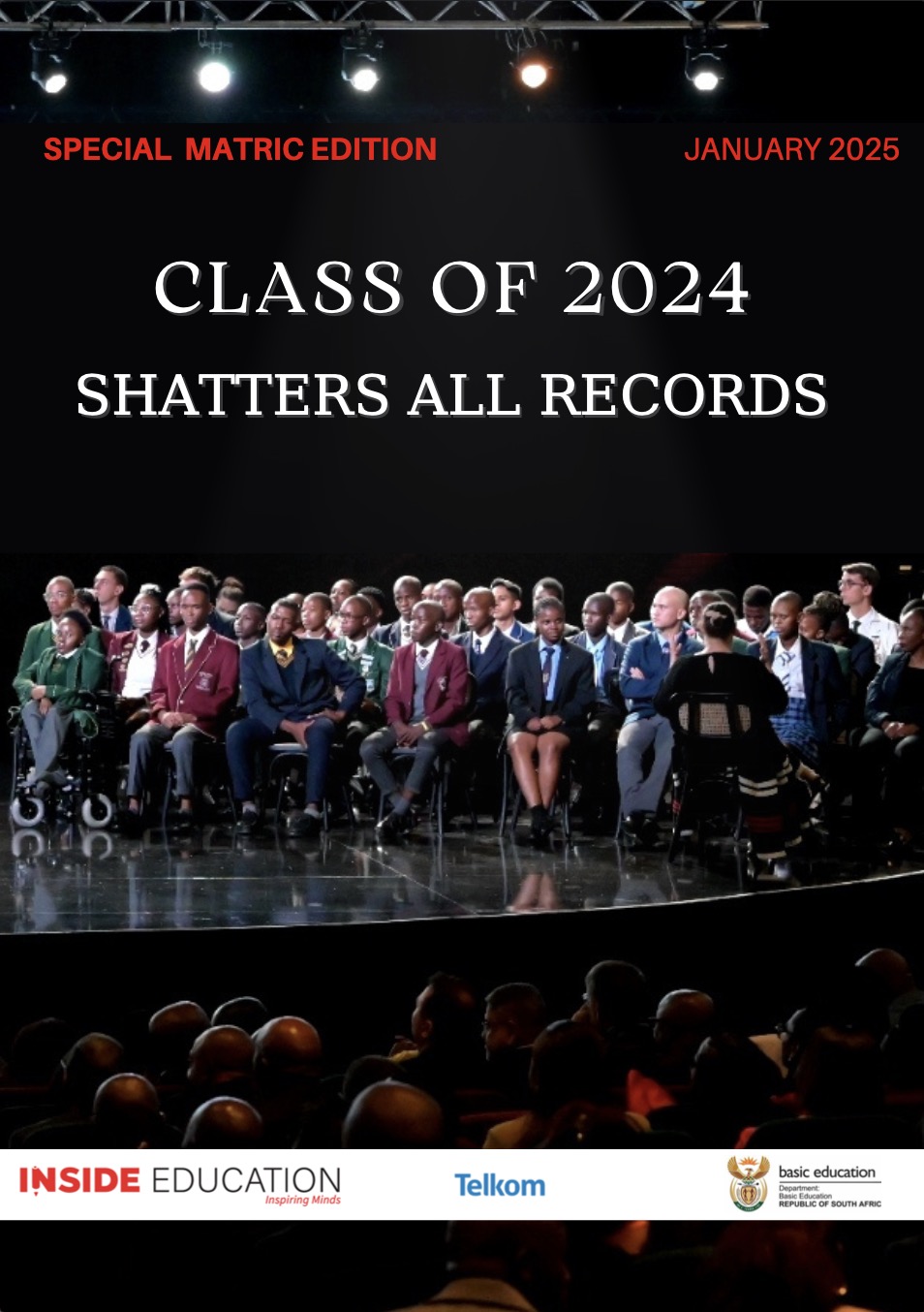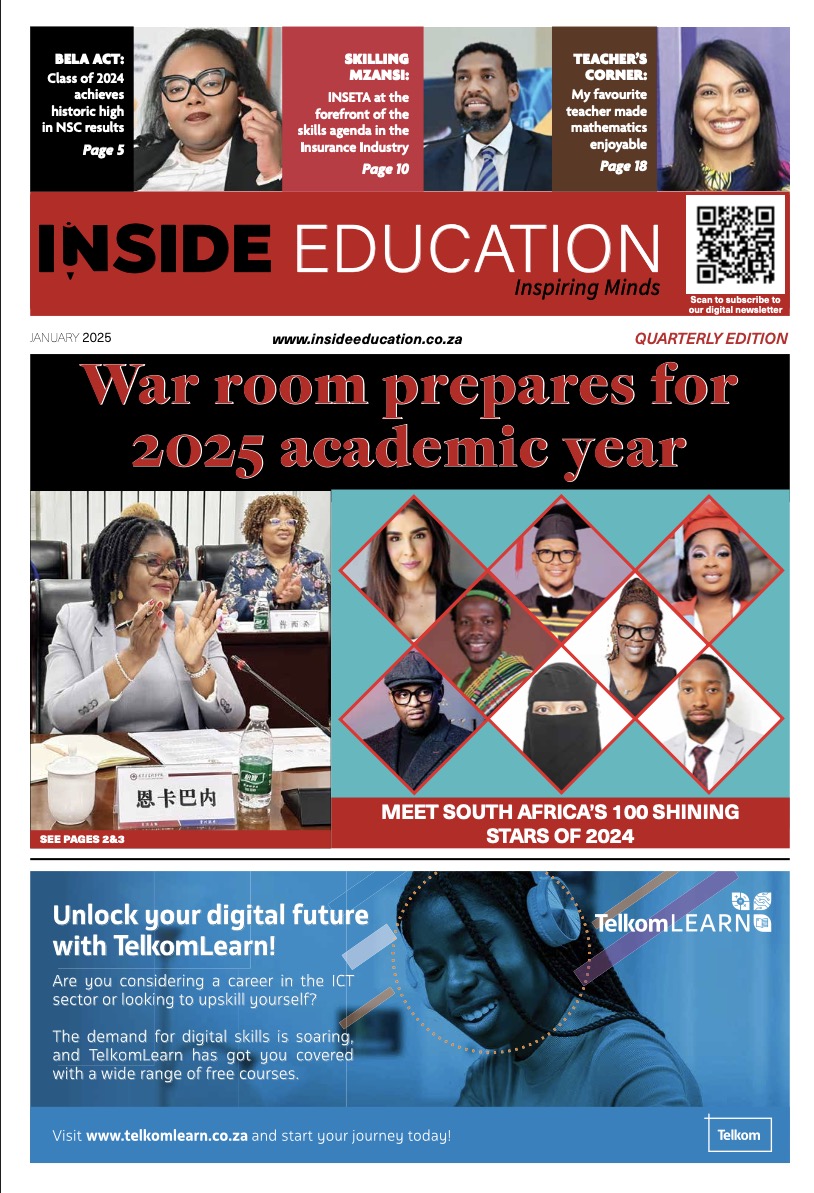Inside Education Reporter
As South Africa prepares for its upcoming elections, the tail-end of May, also Africa Month, is an appropriate time for reflection.
The Africa Month theme, ‘The Year of Education: Educating an African Fit for the 21st Century’, resonates with a sense of urgency. In a rapidly changing global landscape, the future of our children and the prosperity of our nation depends on the choices we make at the polls. It’s a collective responsibility to shape an education system that prepares our youth for the challenges and opportunities of the 21st century.
This 7th democratic election is not just about selecting leaders but about shaping the trajectory of our education system and, consequently, our country’s future.
According to a 2020 report by Amnesty International, the South African education system is characterised by crumbling infrastructure, overcrowded classrooms, and relatively poor educational outcomes. This perpetuates inequality and, as a result, fails too many of its children, with the poor hardest hit.
Given the current situation, it’s no wonder that educational outcomes are abysmal. A recent international survey revealed a shocking truth: over three-quarters of Grade 4 children struggle to read for meaning. In some provinces, this figure soars to 91% in Limpopo and 85% in the Eastern Cape. Out of every 100 learners who embark on their educational journey, only 50%- 60% will reach Matric, 40% – 50% will pass Matric, and a mere 14% will proceed to university.
According to Amnesty International’s Executive Director, Shenilla Mohamed: “South Africa has one of the most unequal school systems in the world. Children in the top 200 schools achieve more distinctions in mathematics than children in the next 6,600 schools combined. The playing field must be levelled.
“The 21st century demands paramount digital literacy, critical thinking, and innovative problem-solving. Our education system in Africa must adapt to this new reality. It must empower our youth with skills that match the needs of the modern world. This entails a focus on traditional academics, integration of technology and creativity, and fostering entrepreneurial mindsets.
“As citizens, we can influence this transformation through our votes. Each candidate’s stance on education policies will directly impact our children’s ability to compete globally. It is crucial to scrutinise each party’s plans for educational reform, funding, teacher training and curriculum development”.
Are they committed to reducing disparities in access to quality education? Do they have a clear strategy for integrating digital skills into the classroom? These questions should guide our voting decisions, posits Afrika Tikkun Group CEO Dr. Onyi Nwaneri.
Afrika Tikkun is a leading youth development organisation celebrating 30 years of providing education, social services, skills development, and training to underserved communities within South Africa through its five centres of excellence across Gauteng and the Western Cape.
Nwaneri reckons that candidates prioritising education understand that it is the foundation upon which a robust economy and a vibrant society are built. Investing in education means investing in the future of doctors, engineers, artists and leaders.
“It is essential to support leaders who recognise the importance of early childhood education, the need for continuous professional development for educators and the necessity of making higher education accessible to all,” adds Nwaneri.
She says: “The future of South Africa is inextricably linked to the quality of education we provide to our youth today. As we approach the polls, we must consider the long-term impact of our choices. An informed electorate can drive the change needed to create an equitable education system,
Currently assisting over 40,000 children and youth across the country, Afrika Tikkun’s primary goal is to create a sustainable future through economic empowerment for the youth of South Africa for 30 years and beyond.
INSIDE EDUCATION








